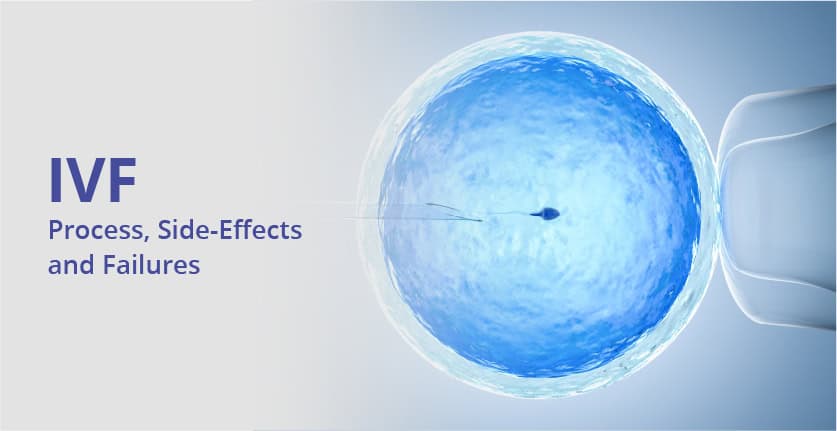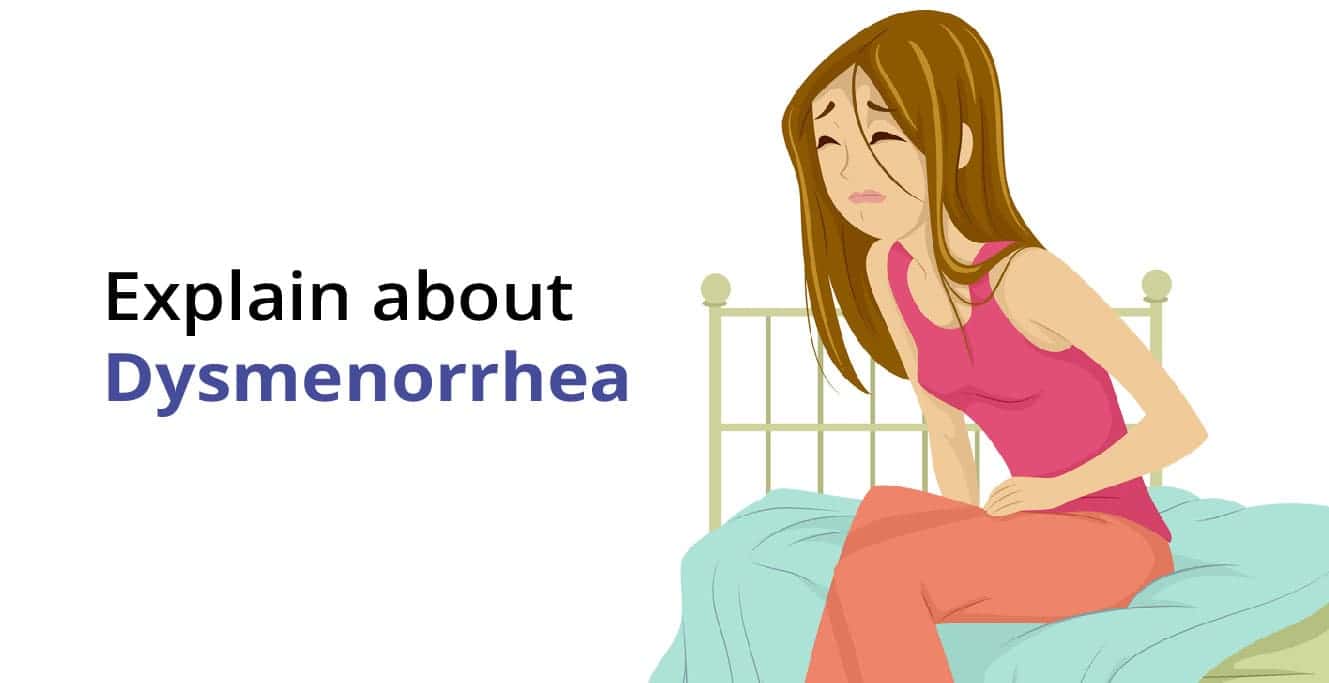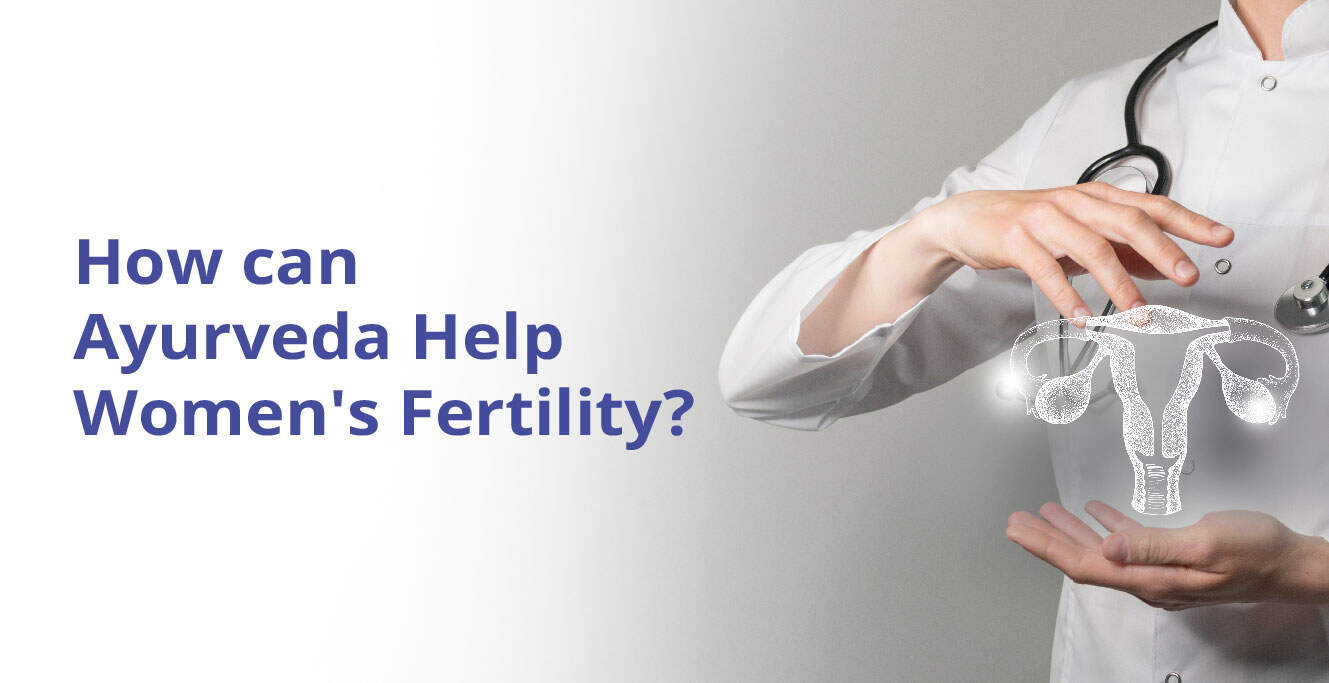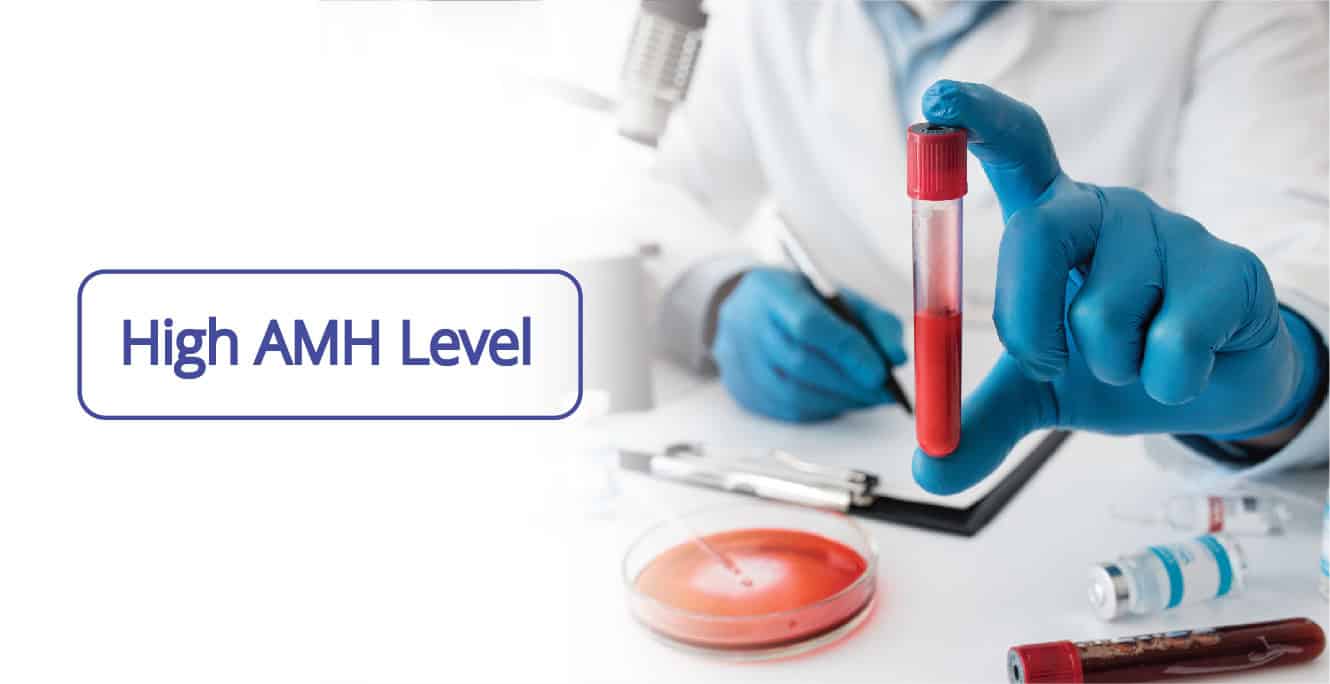In Vitro Fertilization (IVF): Process, Side-Effects, and Failures
- Published on August 26, 2021

Over the years, “IVF” has gained exponential popularity among couples and women trying to conceive. It has allowed us to overcome a wide range of fertility problems, including advanced maternal age, to a large extent. But what is IVF (in vitro fertilization)? Let us discuss IVF in further detail and explore all you need to know about IVF and how IVF works before starting fertility treatments.
Table of Contents
What is IVF?
IVF or In Vitro Fertilisation is a form of assisted reproductive technology that involves a combination of procedures and medication to help couples and individuals become pregnant or prevent genetic problems in the child.
How does IVF work?
In an IVF treatment, mature eggs are harvested from the female partner after a cycle of ovarian stimulation and fertilised with the sperm of the male partner or donor to form embryos. The embryos are cultured in a controlled environment and transferred into the uterus of the female partner to achieve a pregnancy or frozen for future fertility treatments. A full cycle of IVF generally lasts for about three weeks.
The IVF procedure step by step
A full cycle of IVF consists of five steps:
- Preparatory tests
Before starting the IVF cycle, you and your partner will undergo some diagnostic tests or fertility investigations. For women, this includes a simple blood test to check FSH and AMH hormone levels in the body (hormone assay) and a transvaginal ultrasound to check antral follicular count. In some cases, like with a history of conditions that can impact fertility, further assessments are required before starting treatment.
For men, these tests generally involve only a simple semen analysis that checks for sperm count, motility, and morphology.
- Ovarian stimulation
The next step in the IVF cycle is ‘ovarian stimulation.’ Women are born with millions of follicles containing immature eggs in each of their ovaries. Once a woman hits puberty or starts menstruating, one of these follicles grow in size and release a mature egg in every menstrual cycle. If fertilisation does not occur after the release of the egg, it excretes from the body along with endometrial tissue buildup (the uterine lining) in the form of periods.
In this step, women administer hormone-based fertility medication courses to stimulate follicle development and increase egg production, i.e. stimulate more follicles to grow and release eggs. The type and dosage of medication prescribed to the patient must be personalised to their reproductive health (majorly ovarian reserve) and medical history. If you are undergoing ovarian stimulation, you will undergo routine ultrasound scans and blood tests to monitor your response to the fertility medications and your follicle development. Once the follicles reach the desired size, a trigger injection is given to stimulate the release of the eggs.
- Egg retrieval
Approximately 36 hours after receiving the trigger injection, the mature eggs are retrieved through a minor minimally invasive procedure that involves no stitches or cuts. You will remain sedated during this procedure. In this procedure, eggs are retrieved from the ovaries with the help of a fine needle or catheter. Catheter inserted through the vagina under ultrasound guidance (transvaginal ultrasound) to identify follicles containing mature eggs. The eggs are retrieved using gentle suction. Multiple eggs may be harvested for optimal results. Then the semen collected from the male partner or donor sperm is prepared on the day of the egg retrieval.
- Fertilisation
After the eggs are retrieved, they are mixed with the prepared semen and incubated in the IVF laboratory overnight for fertilisation. For couples with male factor infertility, this step generally involves choosing and injecting a single healthy sperm directly into the centre of the egg. This process is called ‘intracytoplasmic sperm injection,’ and it aids fertilisation. The growth of the resulting embryos is studied under the microscope to ensure quality.
Additional procedures such as blastocyst culture assisted laser hatching and preimplantation genetic testing can also be done at this stage if required or desired.
Select the healthy embryos for embryo transfer or cryopreservation (freezing), so they can be transferred into the uterus in the future (frozen embryo transfer).
- Embryo Transfer
Embryo transfer is a simple yet precise process. After the embryos are cultured for 2-5 days, healthy embryos are selected and transferred into the uterus through a long and thin flexible tube (catheter). A pregnancy test is done 12 days to 14 days after the embryo transfer, and the next steps are decided based on the results.
Are there any side effects of IVF treatment?
Before opting or undergoing any treatment type, you must be aware of every aspect of the treatment, including the possibility of any side effects. Women may experience side effects from the fertility medications taken during ovarian stimulation. These are soreness at the injection site, nausea, breast tenderness, bloating, hot flashes, mood swings, fatigue and in some rare cases- ovarian hyperstimulation syndrome or OHSS.
Careful monitoring can help prevent and manage most of these side effects. After the egg retrieval or the embryo transfer processes, a woman may experience slight spotting, cramps and develop a pelvic infection. The infection risk is significantly lowered by following strict hygiene protocols and antibiotic use before and after the procedure. IVF also increases the risk of having multiple births (twins, triplets, etc). Multiple births are associated with numerous pregnancy complications, including preterm labour and birth, low birth weight, and gestational hypertension or diabetes. For higher-order gestations, the doctor may recommend embryo reduction to lower these risks.
When is IVF required?
Many couples who have fertility problems often jump to exploring IVF immediately. IVF is not the only fertility treatment that can help couples conceive. In some cases, treatments such as ovarian stimulation, intrauterine insemination, or artificial insemination can achieve a pregnancy.
However, these less invasive treatments may not be effective enough to overcome more severe fertility problems like blocked or damaged fallopian tubes, diminished ovarian reserve and severe male factor infertility, including azoospermia. The doctor also recommends IVF for women over 35 years of age when they are trying to conceive.
What if IVF fails?
Although IVF is the most effective way to help couples with severe fertility problems, it does not guarantee success. In cases of a failed IVF cycle or recurrent IVF failures, a detailed analysis is required to arrive at the cause of IVF failure. In some situations, the doctor also suggests use of donor eggs, donor sperm, or surrogacy to achieve success.
Outlook
If you are someone who is dealing with any infertility type or you want a brief idea about what is IVF and want to go for IVF treatment, then book your appointment or call at +91 124 4882222.
FAQs
1. What is IVF treatment?
Ans: In vitro fertilization (IVF) is a series of methods used to help with fertility or prevent genetic problems and help couples who are trying to conceive. During the IVF treatment, mature eggs are retrieved from ovaries and fertilized with sperm in a lab. Then the fertilized egg is transferred to the uterus. One complete cycle of IVF takes about three weeks. In some cases, these steps are broken into different parts, and the process can take longer.
2. Is IVF painful?
Ans: In most cases, injections used in IVF treatment are not very painful. These injections have a stinging sensation, which can be considered painless. The injection needles are excessively thin to cause any pain.
3. How is IVF done?
Ans: The IVF process has five major steps including;
- Control Ovarian Hyperstimulation (COH)
- Egg Retrieval
- Fertilization and Embryo Culture
- Embryo Quality
- Embryo Transfer
4. Is bleeding normal in IVF pregnancy?
Ans: Usually, pregnancies achieved through IVF often have a higher rate of bleeding than a conventional pregnancy. This bleeding could be due to several factors, including more vaginal exams and intake of medications to increase blood flow.
5. How long does IVF take to work?
Ans: An average IVF cycle takes about 6 to 8 weeks from consultation to transfer. Depending on the specific circumstances and patients’ health conditions, it may vary from person to person.
Related Posts
Written by:
Dr. Apeksha Sahu
Consultant
Dr. Apeksha Sahu, is a reputed fertility specialist with 12 years of experience. She excels in advanced laparoscopic surgeries and tailoring IVF protocols to address a wide range of women’s fertility care needs. Her expertise spans the management of female reproductive disorders, including infertility, fibroids, cysts, endometriosis, PCOS, alongside high-risk pregnancies and gynaecological oncology.
Ranchi, Jharkhand
Our Services
Fertility Treatments
Problems with fertility are both emotionally and medically challenging. At Birla Fertility & IVF, we focus on providing you with supportive, personalized care at every step of your journey towards becoming a parent.Male Infertility
Male factor infertility accounts for almost 40%-50% of all infertility cases. Decreased sperm function can be the result of genetic, lifestyle, medical or environmental factors. Fortunately, most causes of male factor infertility can be easily diagnosed and treated.We offer a comprehensive range of sperm retrieval procedures and treatments for couples with male factor infertility or sexual dysfunction.




































